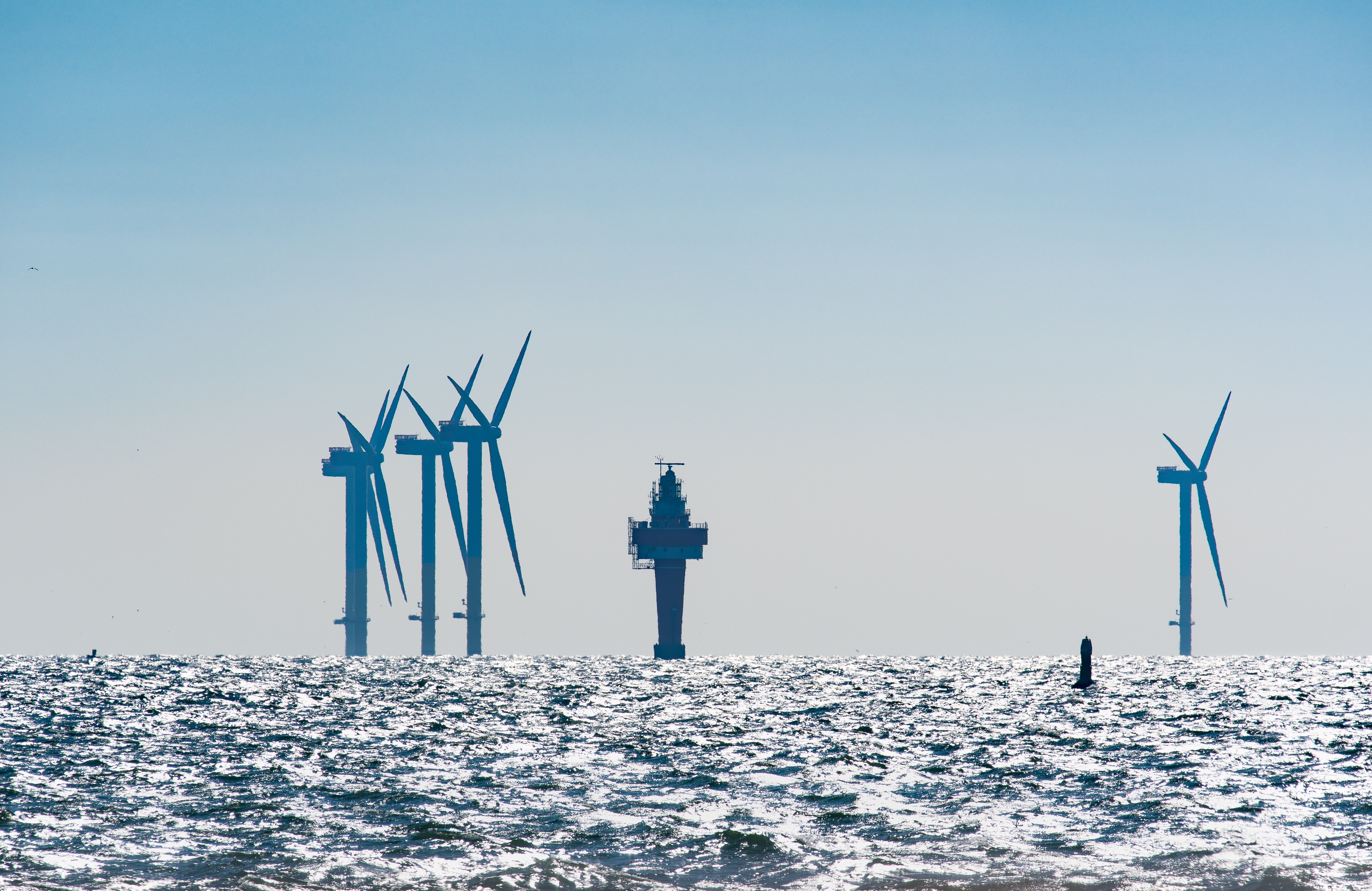We are encouraged by the new impetus surrounding offshore renewable energy projects, the recent ScotWind leasing auction and particularly by the success of major oil and gas companies in that auction. We are also impressed at the efforts of Offshore Energies UK, the ETZ and the Global Underwater Hub to take an ‘all-energies’ approach to supporting the UK’s offshore energy industry (and especially the North East of Scotland’s established offshore supply chain) for the future.
We believe the experience and knowledge of those companies in oil and gas field developments and operations, including their understanding of a need for a strong supply chain, will contribute greatly to a successful offshore renewable industry.
Whilst existing offshore wind companies, primarily utility companies, appear to recognise the importance of embracing the expertise of oil & gas engineering, operations and technology, to support the growth of their industry, they have not yet realised (or are perhaps unaware of) the benefits of utilising the existing, highly developed and effective commercial and contractual forms, which have been collaboratively developed and have evolved over a long period of time, between supply chain and operator working groups, to ensure fairness in recognition of the risks (and rewards) inherent in offshore operations.
Lex Energy has reviewed a number of supply chain contracts for the offshore renewable industry, which have been based on templates such as FIDIC and NEC, neither of which were designed to cover offshore works. These contract forms do not address the practicalities of offshore work or the risks it poses. It is likely that procurement teams in the renewable companies have adopted contracting templates used in onshore renewable projects based on their familiarity rather than their suitability.
Working offshore involves different equipment, methods and risks to onshore work. Given the physical conditions and offshore location of the working site there are inherent risks (e.g. weather risk limiting marine operations)not applicable to onshore working. These risks need to be dealt with appropriately and that means being specifically considered and addressed in the commercial and contractual arrangements put in place. We believe large elements of the commercial and contractual framework used in the oil and gas industry could be adopted by the offshore renewable industry. There are only a few elements in oil and gas contracts (such as pollution indemnities) which would not be relevant for offshore wind development/operation contracts, however these can be easily adapted for the latter.
An experienced and balanced approach to operational, commercial and contractual risk ensures a robust supply chain for future projects as well as ensuring sufficient competition exists. We would encourage offshore renewable companies to embrace the benefits that will come from adopting a similar contracting approach to the oil and gas industry. A contractual regime which is thrust onto the supply chain and which doesn’t provide for this, will likely lead to problems. Hopefully, with many of the oil majors being successful in the Scotwind auction they will extol the benefits of and will influence the existing renewables companies, many of whom will be their JV partners, to adopt more of the oil and gas industry contracting principles and templates, for offshore renewable developments.
It is also incumbent on Offshore Energies UK, the oil and gas supply chain and legal practices, to promote the benefits of adopting oil and gas contracting models, including the Logic standards, to the fast developing offshore renewable industry, in the hope of shaping a fruitful and collaborative partnership. This should include highlighting the risks that can arise, as well as the additional time it takes, if you start with contract templates that are not designed for offshore work.
We suspect that recently, much of the oil & gas supply chain has accommodated unsuitable contracting arrangements in the offshore renewable industry, as a survival tactic, during what looked to be a moribund oil & gas industry. However, as the recent uptick in commodity prices, geo- political uncertainty and inflationary pressures have laid bare, the global oil & gas industry will, in the near term at least, continue to require a significant portion of the offshore supply chain’s expertise and resources. Therefore, if we are moving to a more shared offshore energies environment as is currently envisaged where oil and gas, offshore wind, hydrogen production and other offshore energies integrate, then a fair and balanced approach towards the supply chain, aided by using more suitable contracting forms, would benefit the offshore renewables sector, if they want to continue to secure the expertise and resources their industry requires.



